1Q84: Book One and Book Two
- 623 pages
- 22 hours of reading
Vol. 2: book three translated from the Japanese by Philip Gabriel
Jay Rubin is an American academic and translator, widely recognized for his crucial role in bringing the works of Japanese novelist Haruki Murakami to an English-speaking audience. His contributions extend beyond translation, encompassing insightful guides to the Japanese language and scholarly analyses of Murakami's literary landscape. Rubin's work delves into the nuances of Japanese literature and culture, offering readers a deeper appreciation for its complexities. Through his dedicated efforts, he bridges linguistic and cultural divides, making profound literary works accessible and understandable.

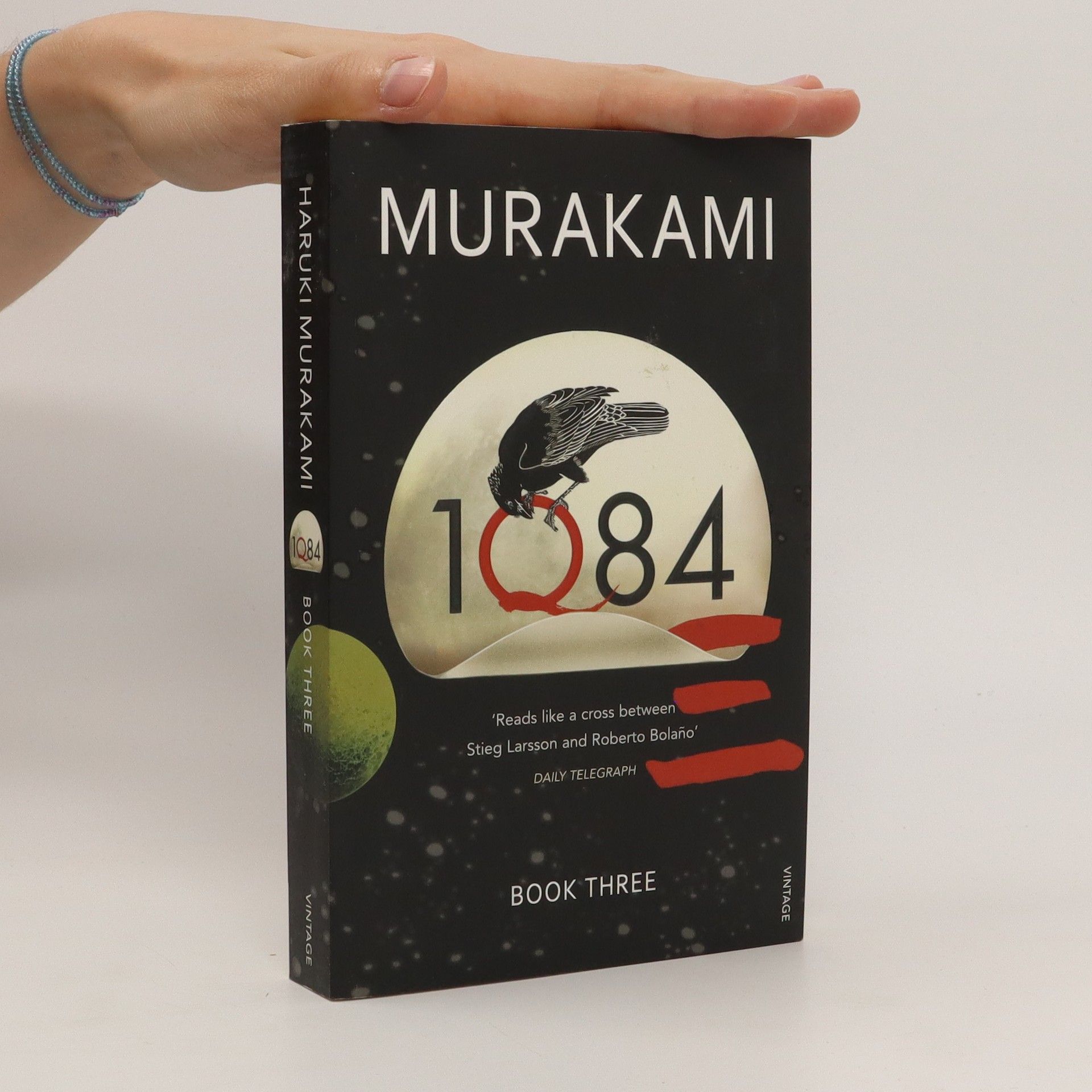
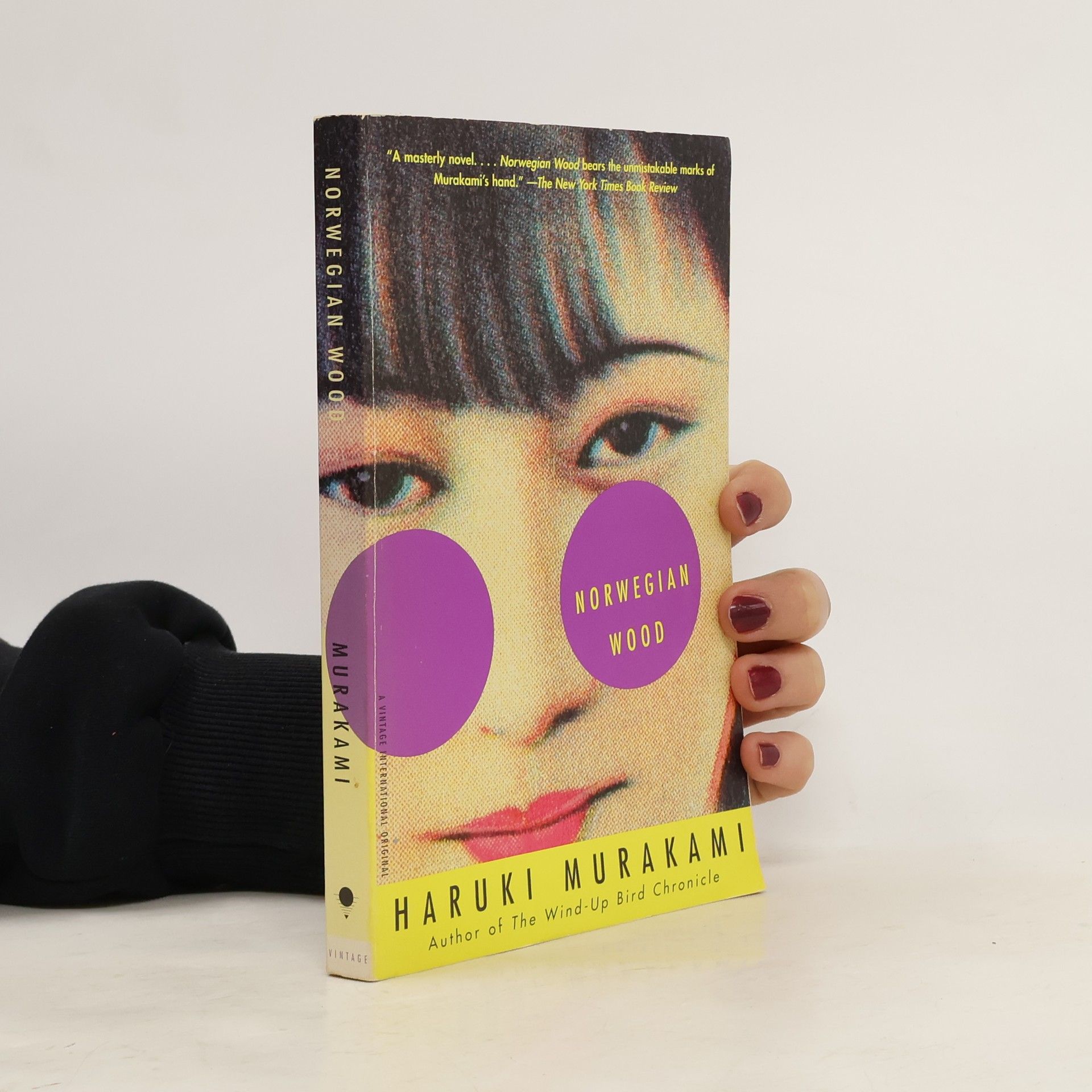
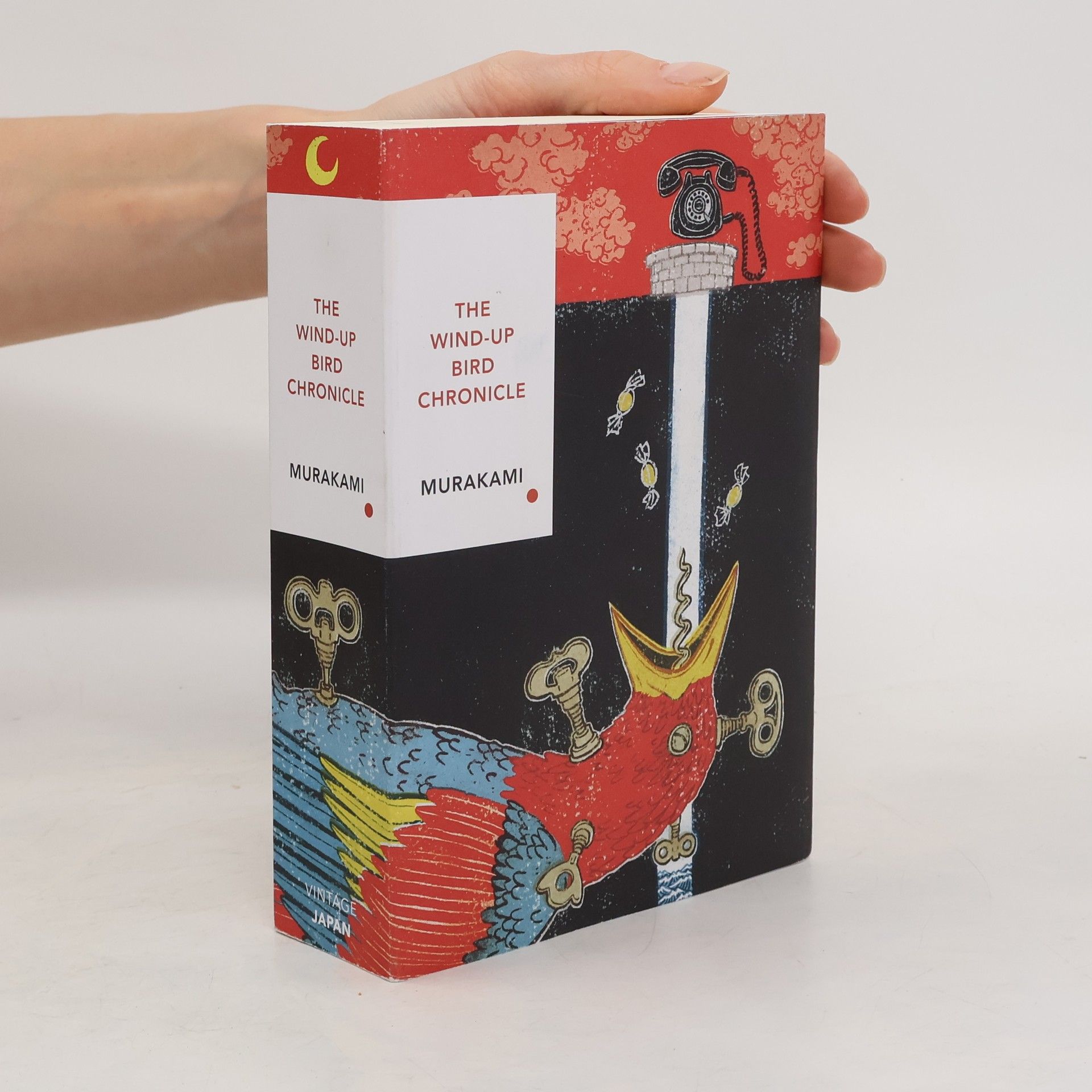
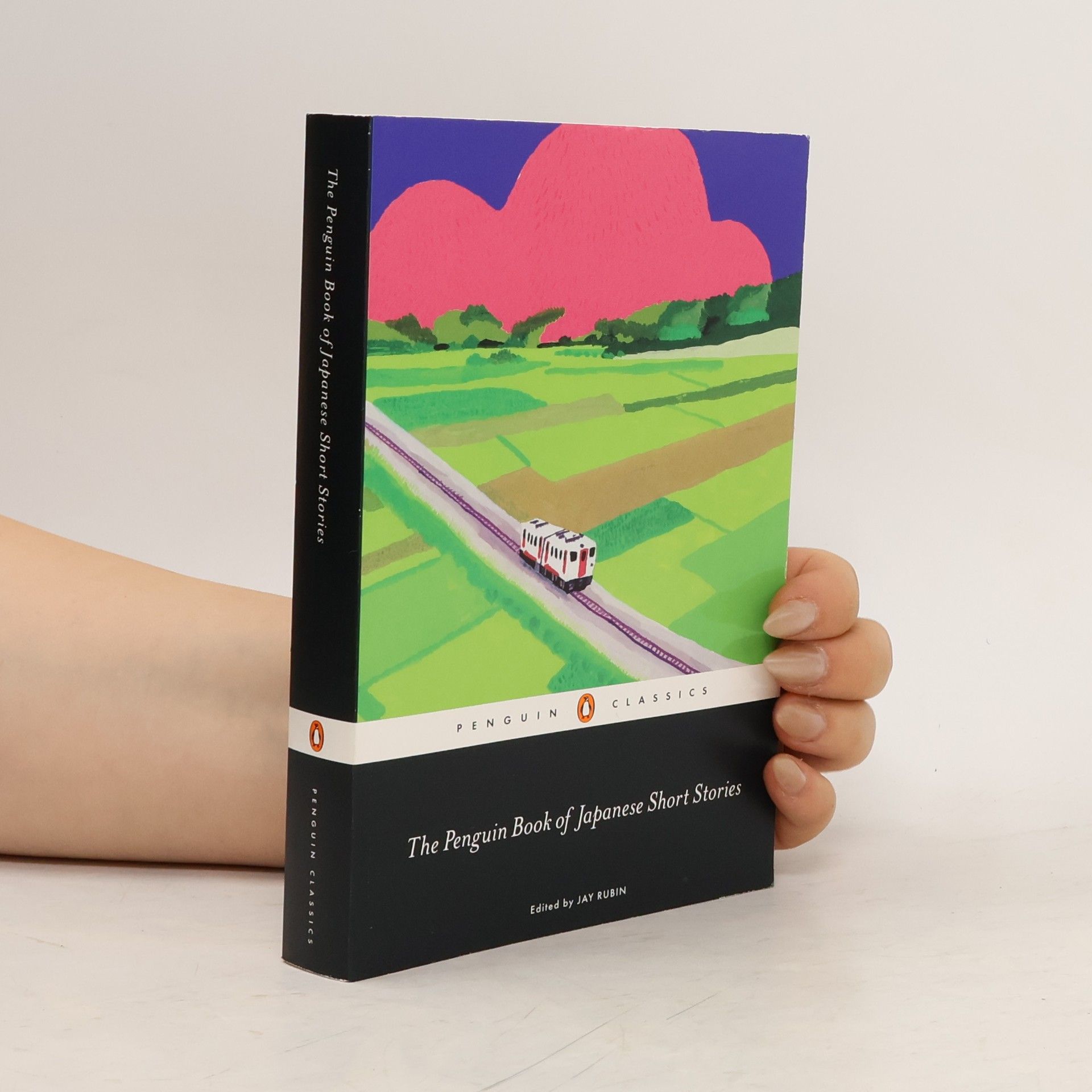

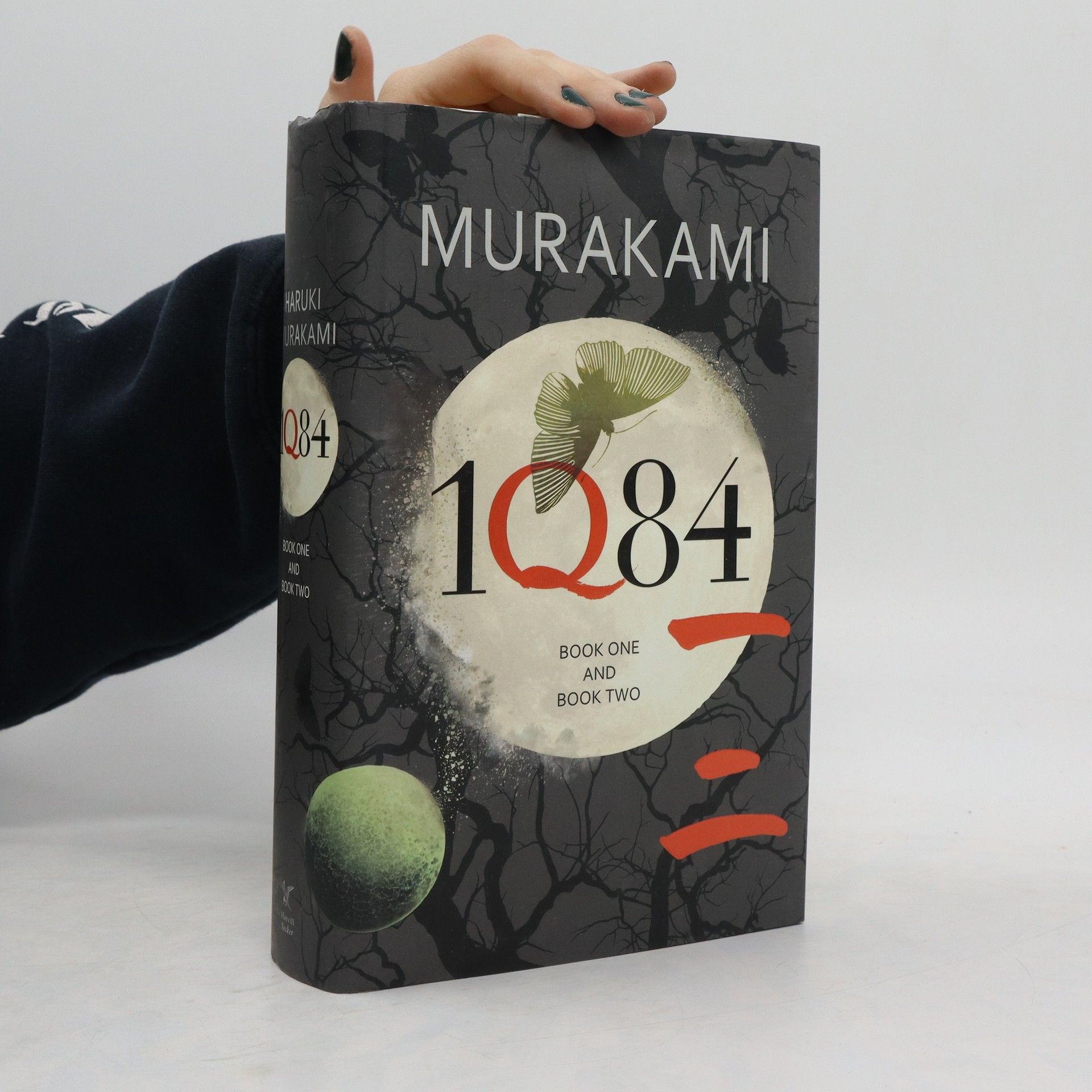
Vol. 2: book three translated from the Japanese by Philip Gabriel
A major new anthology of great Japanese short stories introduced by Haruki Murakami.This fantastically varied and exciting collection celebrates the great Japanese short story collection, from its origins in the nineteenth century to the remarkable practitioners writing today. Curated by Jay Rubin (who has himself freshly translated several of the stories) and introduced by Haruki Murakami this is a book which will be a revelation to many of its readers. Short story writers already well-known to English-language readers are all included - Tanizaki, Akutagawa, Murakami, Mishima, Kawabata, Yoshimoto - but also many surprising new finds. From Tsushima Yuko's 'Flames' to Sawanishi Yuten's 'Filling Up with Sugar', from Hoshi Shin'ichi's 'Shoulder-Top Secretary' to Yoshimoto Banana's 'Bee Honey', The Penguin Book of Japanese Short Stories is filled with fear, charm, beauty and comedy.
Enter the surreal and enchanting world of Haruki Murakami. Toru Okada's cat has disappeared. His wife is growing more distant every day. Then there are the increasingly explicit telephone calls he has recently been receiving. As this compelling story unfolds, the tidy suburban realities of Okada's vague and blameless life, spent cooking, reading, listening to jazz and opera and drinking beer at the kitchen table, are turned inside out. He embarks on a bizarre journey, guided by a succession of characters, each with a tale to tell. 'Mesmerising, surreal, this really is the work of a true original' The Times VINTAGE JAPANESE CLASSICS series - five masterpieces of Japanese fiction in gorgeous new gift editions.
From the bestselling author of Kafka on the Shore: A magnificent coming-of-age story steeped in nostalgia, “a masterly novel” (The New York Times Book Review) blending the music, the mood, and the ethos that were the sixties with a young man’s hopeless and heroic first love. Now with a new introduction by the author. Toru, a serious young college student in Tokyo, is devoted to Naoko, a beautiful and introspective young woman, but their mutual passion is marked by the tragic death of their best friend years before. As Naoko retreats further into her own world, Toru finds himself drawn to a fiercely independent and sexually liberated young woman. Stunning and elegiac, Norwegian Wood first propelled Haruki Murakami into the forefront of the literary scene.
An alternate cover for this isbn can be found here. Book Two of 1Q84 ends with Aomame standing on the Metropolitan Expressway with a gun between her lips. She has come tantalisingly close to meeting her beloved Tengo only to have him slip away at the last minute. The followers of the cult leader she assassinated are determined to track her down and she has been living in hiding, completely isolated from the world. However, Tengo has also resolved to find Aomame. As the two of them uncover more and more about the strange world of 1Q84, and the mysterious Little People, their longing for one another grows. Can they find each other before they themselves are found?
REVISED AND UPDATED WITH NEW MATERIAL ON 1Q84As a young man, Haruki Murakami played records and mixed drinks at his Tokyo Jazz club, Peter Cat, then wrote at the kitchen table until the sun came up. He loves music of all kinds - jazz, classical, folk, rock - and has more than six thousand records at home. And when he writes, his words have a music all their own, much of it learned from jazz. Jay Rubin, a self-confessed fan, has written a book for other fans who want to know more about this reclusive writer. He reveals the autobiographical elements in Murakami's fiction, and explains how he developed a distinctive new style in Japanese writing. In tracing Murakami's career, he uses interviews he conducted with the author between 1993 and 2001, and draws on insights and observations gathered from over ten years of collaborating with Murakami on translations of his works.
Included in this collection of stories is one in which a mirror appears out of nowhere and a night-watchman is unnerved as his reflection tries to take control of him, and another in which a couple's relationship is unbalanced after dining on exquisite crab while on holiday.
Mari sips her coffee and reads a book, but soon her solitude is disturbed: a girl has been beaten up at the Alphaville hotel, and needs Mari's help. Meanwhile Mari's beautiful sister Eri lies in a deep, heavy sleep that is 'too perfect, too pure' to be normal;
A deluxe hardcover reproduction of Naughty Dog's original Crash Bandicoot developer's bible! Take a rare glimpse into the making of a videogame icon, and gain a first-hand taste of the undistilled creativity that brought Crash, Cortex, Aku Aku, and the rest of your favorite characters to millions of screens around the world! Reproducing Naughty Dog's original design document for Crash Bandicoot from the best available sources, this unique volume features original concept illustrations and includes a foreword from Crash's creators to lend insight into how Crash Bandicoot came to be the unforgettable videogame character he is today. This tome is sure to please all who possess a thirst for imagination and curiosity surrounding the creation of games!